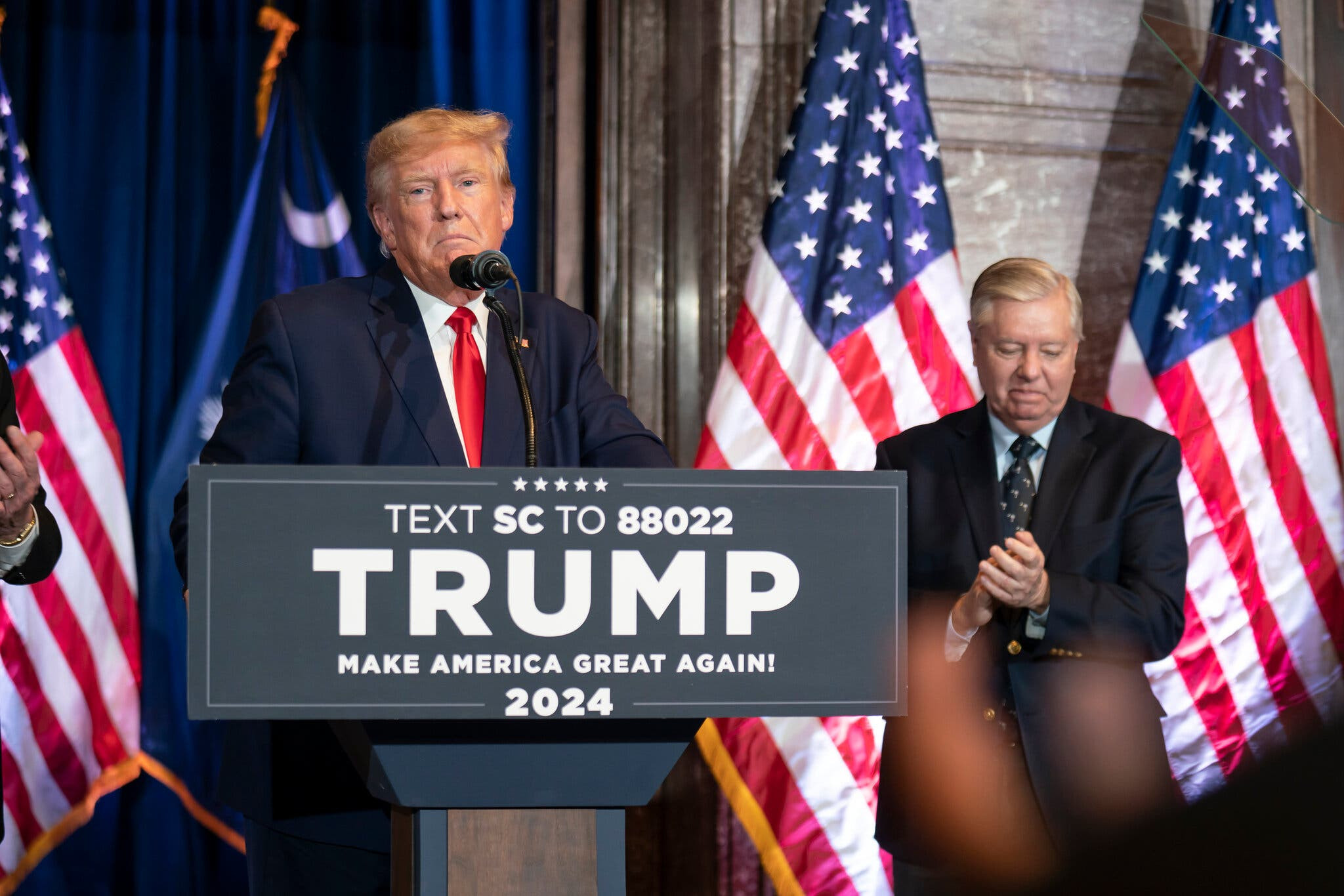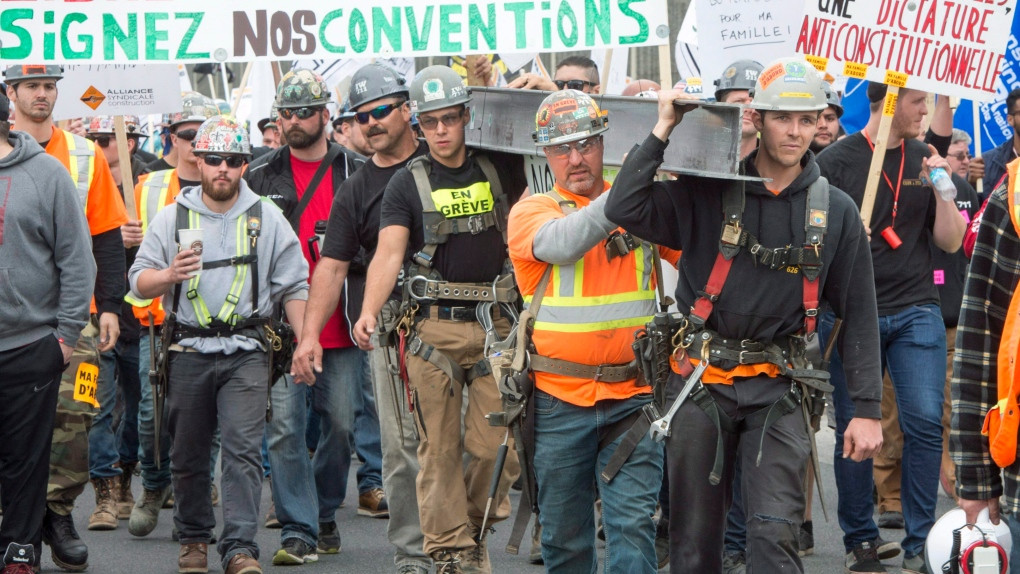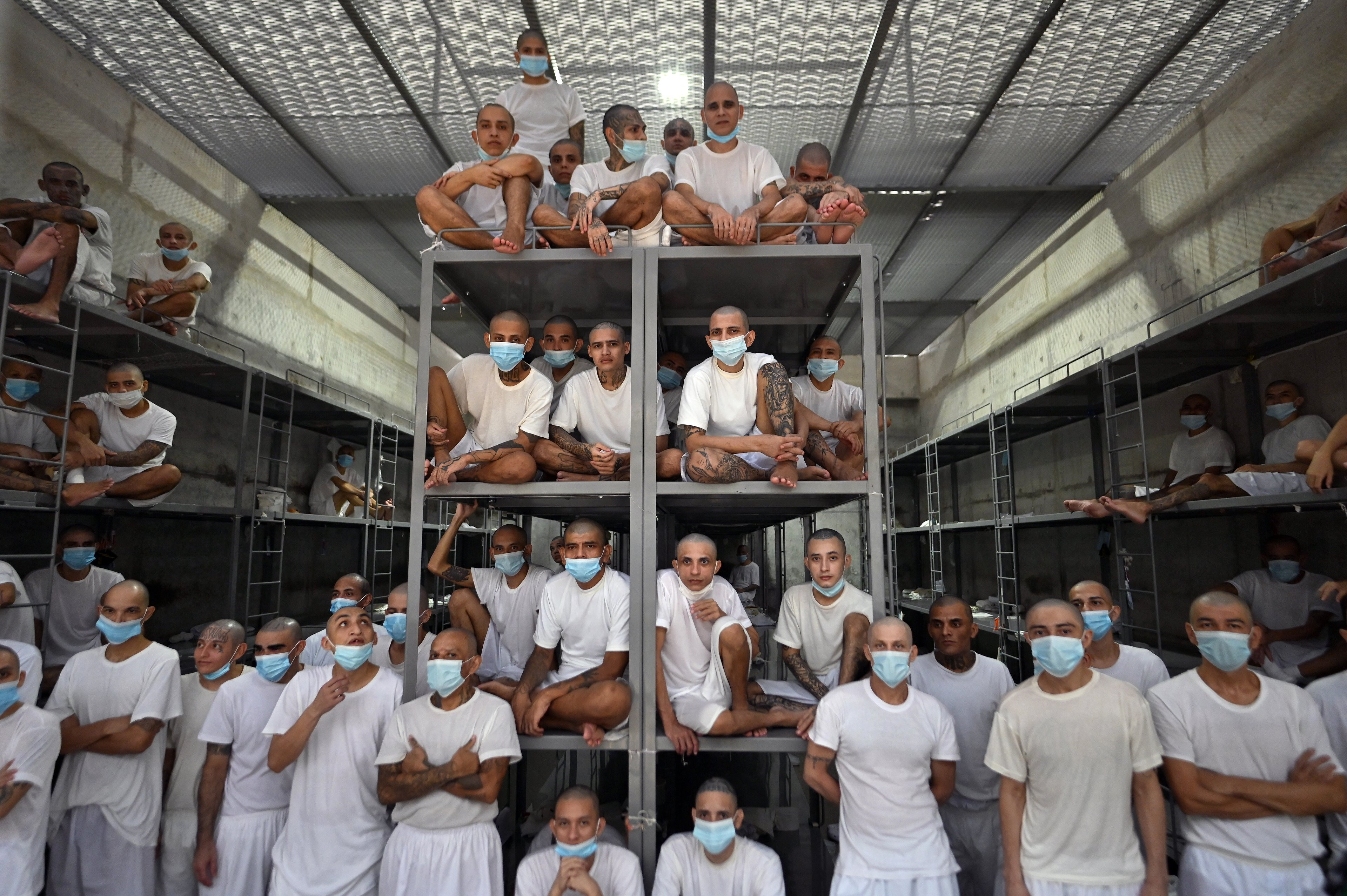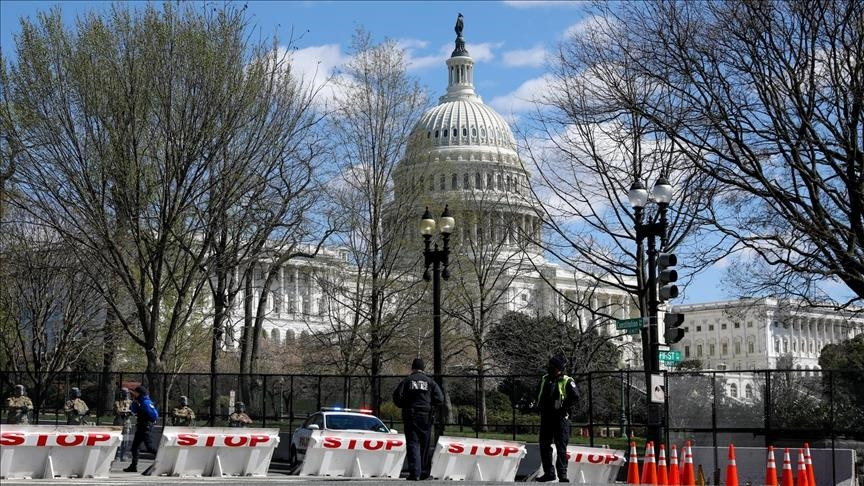President-elect Donald Trump's Triumphant Return
President-elect Donald Trump rang the opening bell at the New York Stock Exchange (NYSE) on Thursday, a symbolic gesture marking his return to power. Flanked by his family, including Vice President-elect JD Vance, incoming first lady Melania Trump, and children Ivanka and Tiffany, along with key cabinet nominees, the scene was one of jubilant celebration. The event followed the announcement that Trump had been named TIME's 2024 Person of the Year for the second time, a testament to his remarkable political journey. The crowd erupted in chants of "U-S-A," reflecting the palpable enthusiasm surrounding his return to the White House.
Trump's Economic Vision
In a short address before the bell-ringing ceremony, Trump promised an unprecedented economic boom, stating that his administration would usher in "an economy the likes of which nobody's ever seen before." This bold claim was supported by promises of substantial tax cuts – lowering the corporate tax rate to 15% for companies manufacturing in the U.S. – and increased domestic oil drilling to combat inflation. He explicitly linked his election victory to recent stock market gains and boasted of strengthened ties with some of the nation's most influential business leaders, citing meetings with Mark Zuckerberg, Elon Musk, and an upcoming meeting with Jeff Bezos. His Treasury pick, Scott Bessent, further reinforced this optimistic outlook, predicting that the Trump administration would benefit both Wall Street and Main Street.
Cabinet Appointments and Policy Plans
Trump's cabinet selections have sparked significant debate. The inclusion of Robert F. Kennedy Jr. as his Health secretary pick, a known vaccine skeptic, raises concerns about potential policy shifts regarding vaccination programs. The appointment of Bessent as Treasury secretary, and other appointments with ties to Project 2025, a conservative policy blueprint, add another layer of complexity to the political landscape. These choices, along with Trump's emphasis on addressing the nation's border situation, have already ignited vigorous discussions about his future policy direction and the potential challenges he may face in Congress.
Immigration and the Military
Trump's stance on immigration remains as resolute as ever. His stated intention to utilize the military for deportations, despite the Posse Comitatus Act, is causing considerable controversy. While he clarified he intends to operate within the bounds of the law, employing the National Guard alongside law enforcement, the prospect of using military resources raises questions about his willingness to potentially challenge legal boundaries. Trump also addressed the issue of family separation, stating a preference to deport families together. He refuted the idea that his administration initiated the practice, attributing it to the Obama administration while insisting that his administration will take steps to reunite separated families from previous administrations and find missing children. His approach to managing the influx of migrants without building new detention facilities adds an additional element to the discussion surrounding his immigration policies.
Domestic and Foreign Policy Challenges
The incoming President faced tough questions about domestic policy, including abortion access, the transgender issue, and his intentions regarding the January 6th defendants. On abortion, while strongly stating his opposition to policies limiting access to medication abortion, he stopped short of guaranteeing no action would be taken by his FDA. On transgender issues, he avoided firm commitments, preferring to defer to existing laws and Supreme Court rulings. Regarding pardons for the January 6th defendants, Trump confirmed he would proceed on a case-by-case basis, focusing on those who engaged in non-violent acts. His foreign policy pronouncements also drew scrutiny, particularly his willingness to engage in negotiations with Russia and Iran, to resolve conflicts in Ukraine and the Middle East respectively. The potential for conflict with Iran remains a significant concern, particularly following reports of an assassination plot targeting him. His commitment to Israeli sovereignty and his views on a potential two-state solution in the Middle East also emerged as central topics of discussion. Trump's approach to foreign policy, with its emphasis on negotiation and securing favorable outcomes for the United States, represents a possible departure from previous administrations.
The Trump Legacy and the Future of MAGA
The interview concluded with reflections on Trump's political legacy and the future of the MAGA movement. The discussion touched upon the durability of his policies in the absence of his direct leadership, and the potential role of his family in sustaining the MAGA movement. While acknowledging the potential for a political dynasty, he highlighted the capacity and capability of his family members to continue the fight, even amid considerable obstacles. The lasting impact of his presidency and the enduring appeal of his political ideology are set to continue shaping the nation's political trajectory for years to come. The ongoing relevance of the MAGA movement, its ability to adapt and evolve, will be a key factor in determining the future of American politics. The events of Thursday serve as a testament to Trump's enduring influence on American politics and the continuing debate surrounding his return to power.


















